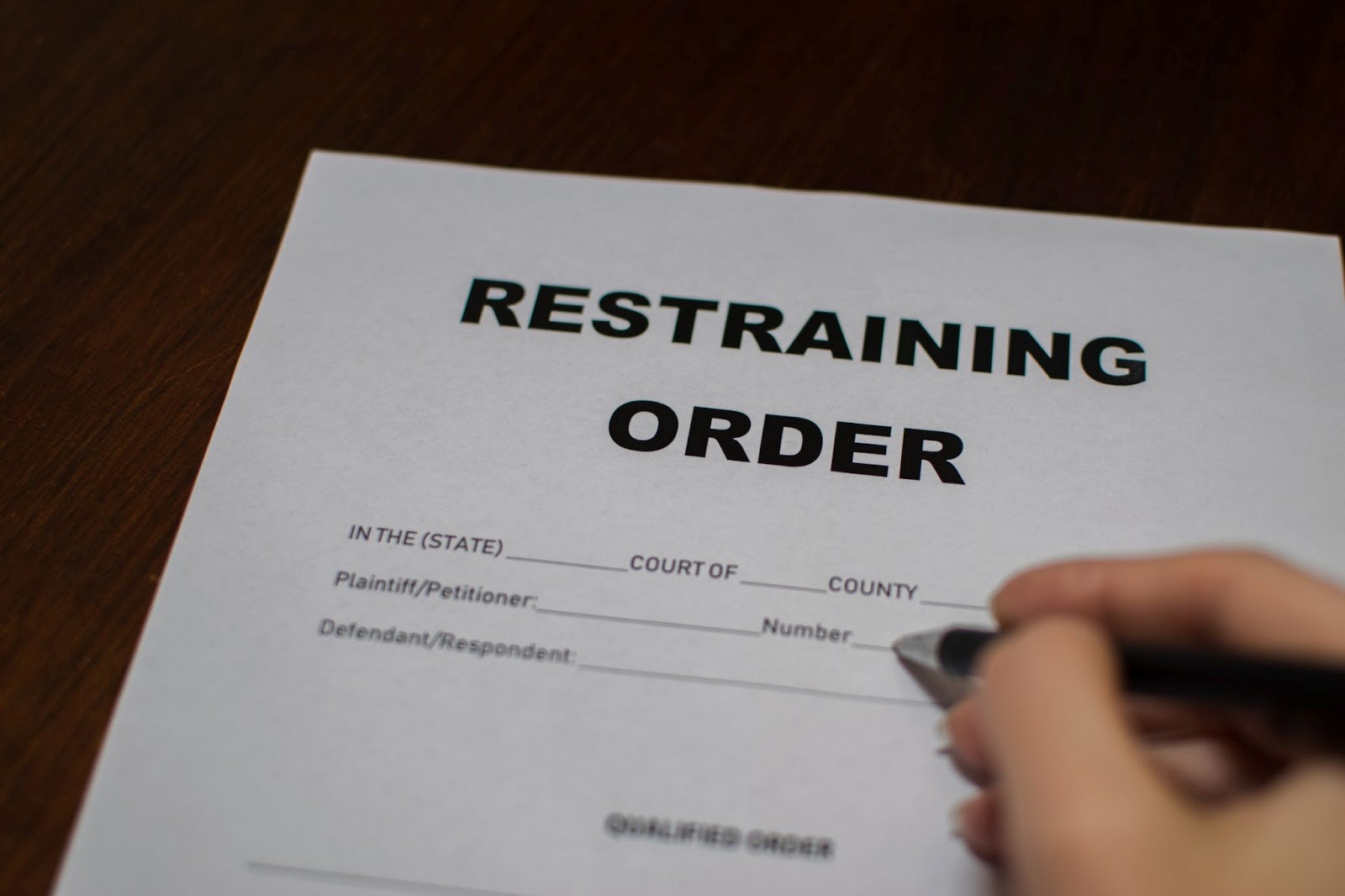If you’ve been served with a domestic violence order (DVO), you might be wondering how long it stays on your record and what impact it could have on your future. Even if you haven’t been convicted of a criminal offence, a DVO can follow you long after the court date has passed. From employment issues to licensing complications, it’s not something to take lightly.
If you’re the respondent to a DVO in Queensland, it’s important to understand the long-term implications. From how long the order stays on your record, to when it can appear in background checks and what happens if it’s breached, the legal and practical consequences can be significant.
What Is a Domestic Violence Order (DVO)?
In Queensland, a DVO is made under the Domestic and Family Violence Protection Act 2012 (Qld). It’s a civil order, which means it’s not a criminal conviction by itself. But it’s still a court order, and failing to comply with its conditions can result in criminal charges. This includes something as simple as a message or accidental interaction that goes against the terms of the order.
There are two types of DVOs: temporary and final. Temporary protection orders are typically put in place before the full matter is heard in court. Final protection orders can last up to five years, although a court can extend or shorten the length if appropriate. The order sits on your police record during this time, and even after it ends, a record of the order can still be accessed by police, prosecutors, and the courts.
Will It Show Up in a Police Check?
This is a common concern. Since a DVO isn’t a criminal conviction, it won’t always appear in a standard police check. However, it can still be visible in more detailed checks, particularly for jobs that involve children, vulnerable people, or require high levels of security clearance. Employers in education, healthcare, law enforcement, or government roles may request broader background checks, which could show the existence of a DVO.
What’s more certain is that any breach of a DVO will result in a criminal charge, and this absolutely does show up in a police check. A breach can be as simple as contacting the protected person by phone or attending a place you’re prohibited from entering. Queensland courts treat these breaches seriously, and repeated offences can lead to harsher penalties, including jail time.
How a DVO Can Affect Employment and Daily Life
Even if there’s no criminal conviction, a DVO can have ongoing impacts on your day-to-day life. Some employers may view the existence of a DVO as a red flag, even if no breach has occurred. This is especially true in industries that involve care, education, law enforcement, or positions of trust. It may also affect applications for working with children checks or security licences.
If you’re planning to travel overseas or apply for certain types of visas, a DVO or related offence could raise questions with immigration authorities. Similarly, applying for firearm licences or government roles may be more difficult if there’s an active or historical order on your record.
Can a DVO Be Removed or Revoked?
There are situations where it might be appropriate to apply to vary or revoke a DVO. If the relationship has ended, if the order is interfering with parenting arrangements or employment, or if the risk that justified the order no longer exists, you may be able to ask the court to change or cancel it. These applications are made to the Magistrates Court, and you’ll need to provide reasons for why the order is no longer necessary. Revoking or varying an order doesn’t guarantee the record of it will disappear entirely, but it can change your legal obligations and help reduce the impact the order has on your daily life.
What Happens If You Breach a DVO?
Breaching a DVO is where things escalate significantly. Unlike the DVO itself, which is civil, breaching the order is a criminal offence. This is known in legal terms as a contravention of a domestic violence order. Penalties vary depending on the circumstances, but for a first offence, the maximum is three years imprisonment. If there’s a prior breach within five years, the maximum increases to five years.
Breaches can happen in ways that might seem minor, including sending a message, showing up somewhere uninvited, or asking someone else to pass on information. Even if the contact seems harmless, if it violates the order, it can result in a criminal charge.
Understanding the Long-Term Impact
Having a DVO on your record, even without a breach, can affect your reputation, job prospects, and legal standing in other matters. Courts can consider past orders when making decisions about bail, sentencing, or parenting arrangements. If there’s a history of DVOs, even without criminal convictions, it can still influence how future allegations are treated.
That’s why it’s important to understand your rights and obligations when subject to a domestic violence order. Responding appropriately from the outset can reduce the risk of accidental breaches or unnecessary legal complications down the line.
To Summarise DVOs:
- A DVO is not a criminal offence, but breaching it is.
- Final orders generally last five years and may remain visible to police and courts even after expiry.
- A DVO can show up in detailed background checks and affect employment, licensing, and travel.
- There may be valid reasons to apply to vary or revoke an order.
- Any breach will appear on your criminal record and can carry serious penalties.
If you’re dealing with a DVO or have been charged with a breach, it’s a serious matter that deserves a proper legal response. While this blog provides general information, you should always seek personalised legal advice based on your situation.
For those needing legal representation or guidance in Queensland, Rana Lawyers has extensive experience handling DVO-related matters. Contact our team for a confidential consultation.
















